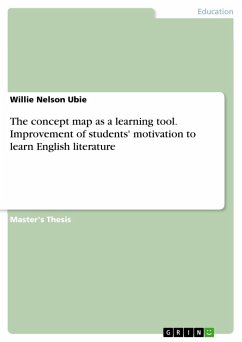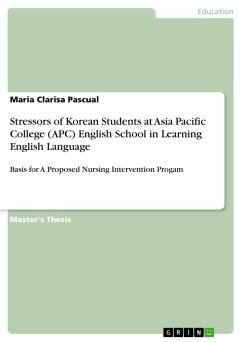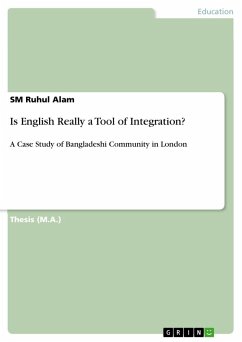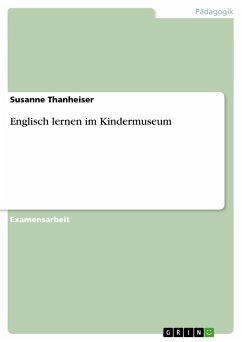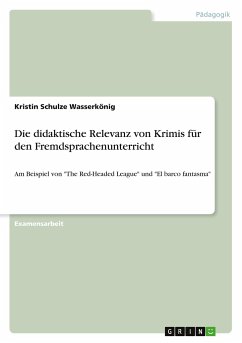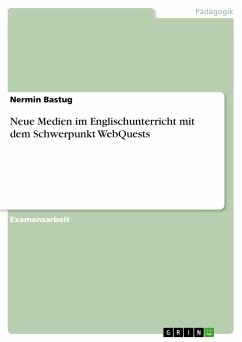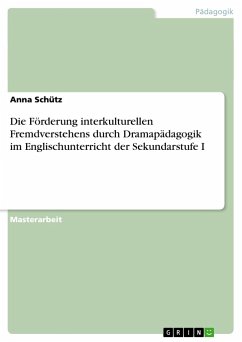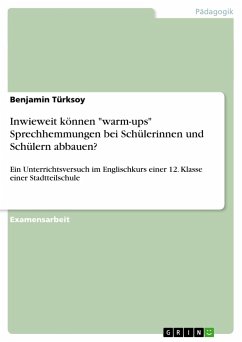Master's Thesis from the year 2011 in the subject Didactics for the subject English - Pedagogy, Literature Studies, grade: 3.33 (B+), , course: Teaching English As Second Language, language: English, abstract: The thought of teaching English literature has been the main concern for many English teachers as they are not trained to teach literature in schools. In relation to this, students are not motivated to learn literature. The study investigated the effect of using concept maps as a learning tool on students' motivation to learn English literature. Seventy students from a secondary school in a rural area of Sarawak participated in this study. The research design used was a pre- and post-test quasi-experimental design method. Data were gathered on students' learning achievements in both pre-tests and post-tests for two different topics (Characters and Moral Values) in the short stories which were taught as part of the literature component and students' perception on motivation in using concept maps by using Students' Motivation Questionnaire (SMQ) with a reliability coefficient of 0.911. A t-test, descriptive statistics, and one-way ANOVA statistical techniques were used to analyze the data. The findings suggested that students taught using concept maps being one of the teaching and learning tools had a higher level of motivation and obtained a significantly higher mean score on pre-test compared to post-test (Characters). The findings further indicated that following the familiarization program, there is no significant difference between male and female students for the first topic (Characters) but showed a significant difference in the second topic, Moral Values (t = 2.10; p<0.04). Another indication was that different ethnicities in using concept maps did not show any significant difference for both topics. More than 90% of the students agreed that using concept map really helps and motivates them in learning English literature. Therefore, it can be concluded that student-generated concept maps is a motivating learning tool in an English literature classroom. Discussion and implications of these findings on current practice were also mentioned in this study.

